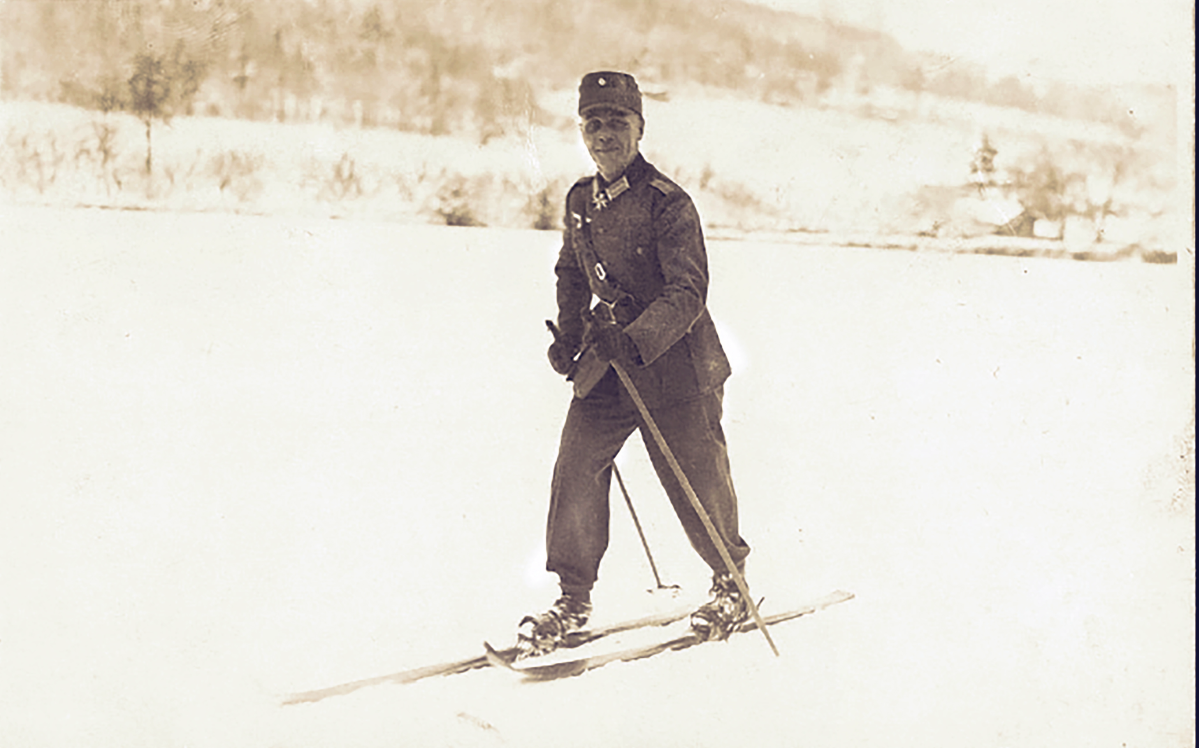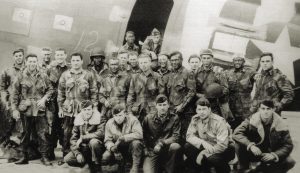This rare 1930s photo shows Erwin Rommel, fated to become Germany’s most famous Field Marshal during World War II, smiling for the camera during skiing practice in Goslar.
During the First World War I, Rommel was chosen to become a Gebirgsjäger, an elite German army mountain ranger. A native of a region of Germany known as the Swabian Alps, Rommel was no stranger to skiing and climbing. However, his training as a Gebirgsjäger sharpened and expanded his skillset, hardened him to performing extremely challenging tasks in harsh environments and forged him into a truly formidable infantryman.
The Gebirgsjäger mountain rangers excel in fighting across rugged terrain and achieving objectives with considerable self-reliance; even today, they are considered elite units in German-speaking countries.
Rommel’s World War I memoir, known as “Infantry Attacks!” (Infanterie Greift An) shows that he took great pride in becoming a mountain ranger, and his service as a Gebirgsjäger became central to his identity. He forged a close bond with his troops, once risking the fate of his entire unit in a desperate effort to save some of their comrades who were trapped and facing annihilation late in the war.
Rommel sustained several injuries during World War I, including gunshot wounds to the thigh and arm and an injury to his ankle from being grazed by a falling boulder. However, he was extremely strong-willed and physically tough, rebounding from his injuries to make complete recoveries. As an older man, Rommel maintained rigorous athleticism and continued to stay sharp at skiing and mountain climbing. He was known to outlast much younger men during mountain training exercises and while fighting in North Africa during World War II.
Although he recovered physically from his First World War wounds, Rommel did not seem to have healed from the psychological trauma of what he experienced during the First World War. While producing a new translation of Rommel’s wartime memoir, I identified clear parallels between Rommel’s behavior and experiences and those described by Vietnam War veterans who suffer from Post-Traumatic Stress Disorder (PTSD).
In my book, Erwin Rommel: First War, A New Look at Infantry Attacks, I argue that the First World War left Rommel with a severe case of PTSD based on evidence I uncovered in his memoir, statements he made in letters to his wife, and observations from family and associates.





